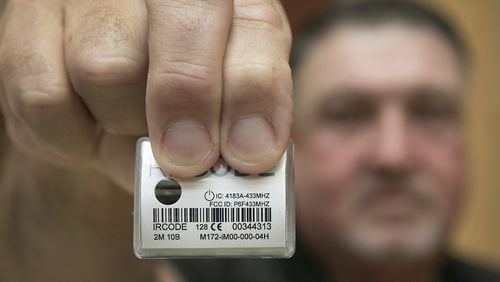A costly VA program to track medical equipment and prevent patient infections has been delayed a year because of troubled implementation, the Austin American-Statesman reveals in a new investigation.
The Statesman reported that the $543 million project to digitally track medical equipment faced "catastrophic failure" for a host of problems implementing it.
Known as RTLS, or real-time locating system, the project is intended to keep track of devices that can impact patient safety, such as catheters.
Credit: Ken Foskett
Credit: Ken Foskett
The VA contracted with Hewlett-Packard Enterprise Services for the system in 2012 after colonoscopies performed with dirty equipment led to hepatitis and HIV infections at VA facilities in Georgia and Florida.
But the Statesman found that implementation of the system has been plagued by technical difficulties and will miss its June 2017 activation by a year.
House Veterans' Affairs Committee Chairman Rep. Phil Roe, R-Tenn., called the Statesman's findings "very concerning" and said they "fit a 20-year pattern of VA struggling to manage its supply chain.”
About the Author








